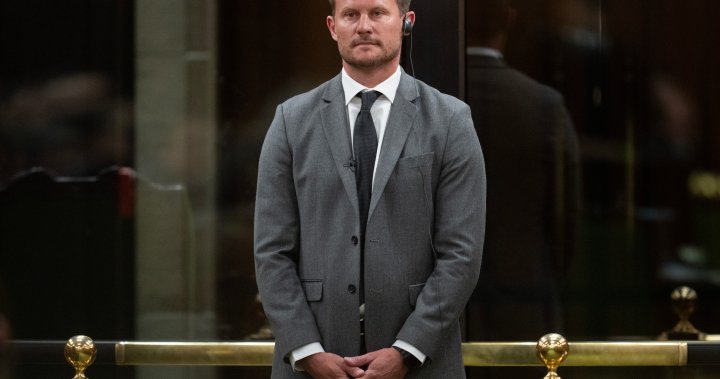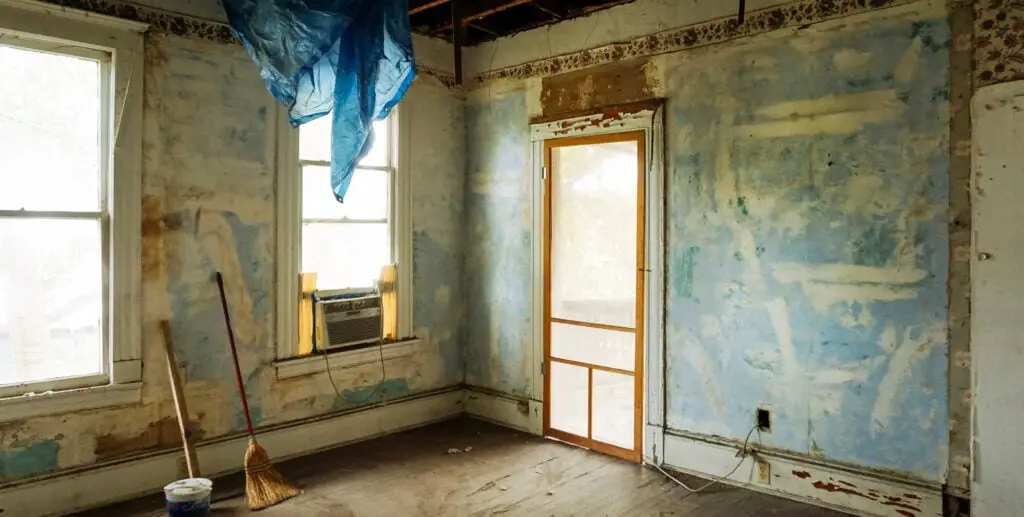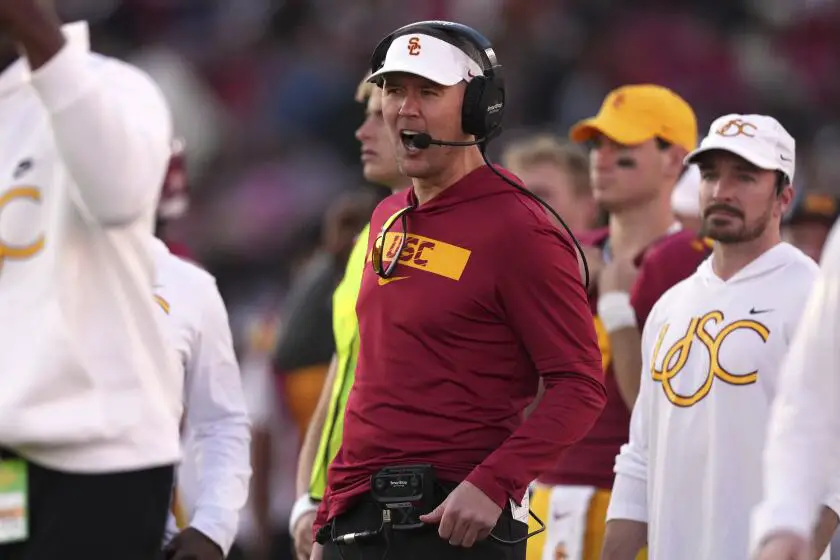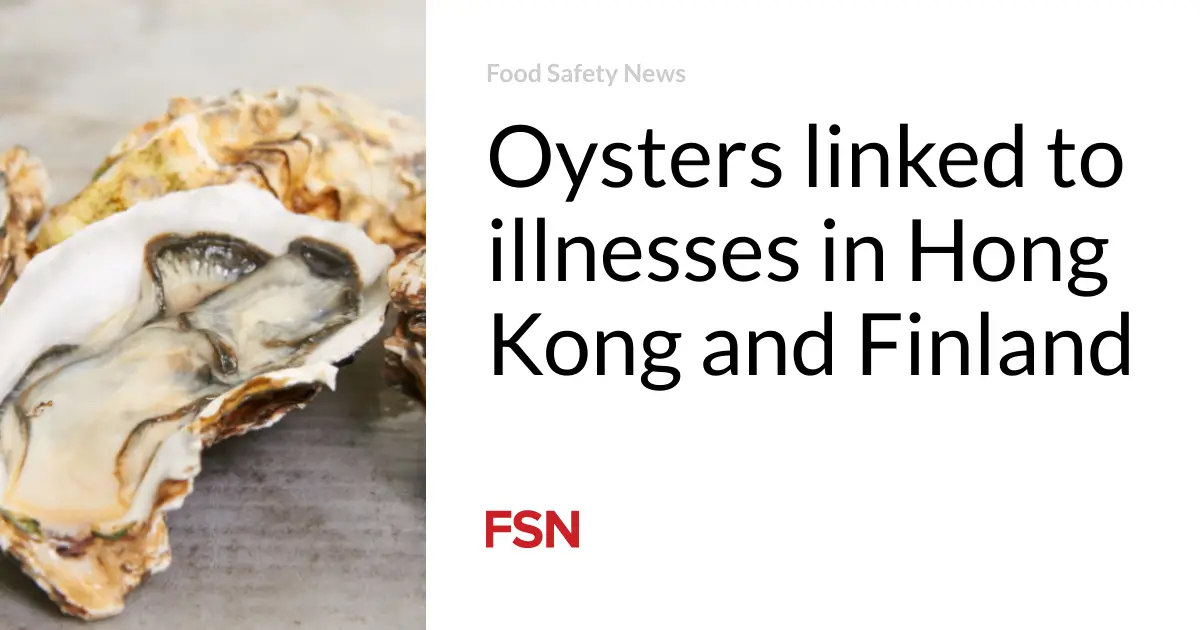
GC Strategies partner Kristian Firth testified in the House of Commons on Wednesday that the RCMP has raided one of his properties, but said it was not related to the ArriveCan app.
Firth’s two-person Ottawa IT firm is the main contractor behind the controversial pandemic-era program.
He told the House of Commons during a rare interrogation from members of Parliament that the Mounties paid him a visit.
“There was a search warrant, not an arrest warrant, for my property to obtain electronic goods surrounding the Botler allegations,” Firth said in response to a question from Conservative MP Michael Barrett.
“The RCMP has only reached out to us regarding Botler.”
Botler AI — a Montreal-based tech company — had raised concerns about alleged misconduct in government contracting practices.
The RCMP previously said it was “investigating a matter referred from the Canada Border Services Agency (CBSA) based on allegations brought to their attention by Botler AI.”
The national police service had put out a statement moments before Firth’s comments that said Mounties had searched a property in Ottawa on Tuesday, adding that “this search warrant was not related to the ArriveCan investigation.”
“We will not be providing the name or business to protect the privacy of the persons at the residence.
As the investigation is on-going and there are no charges at this time, there will be no further information provided.”
News of the RCMP raid came during Firth’s testimony in Parliament. He was first private citizen in a century to be called before the bar of the House – a brass rod in the Chamber that represents a symbolic barrier between members and non-members of Parliament – to be reprimanded.
Firth was ordered to appear, after being held in contempt of Parliament for refusing to answer questions to a parliamentary committee studying ArriveCan.
The last time a private citizen received this rebuke was 1913. Since then, only a handful of private citizens have received the rebuke, but none were forced to answer questions in the House.
ArriveCan cost at least $59 million dollars, but the auditor general found it was impossible to determine the final amount because the record keeping was so bad.
© 2024 Global News, a division of Corus Entertainment Inc.











